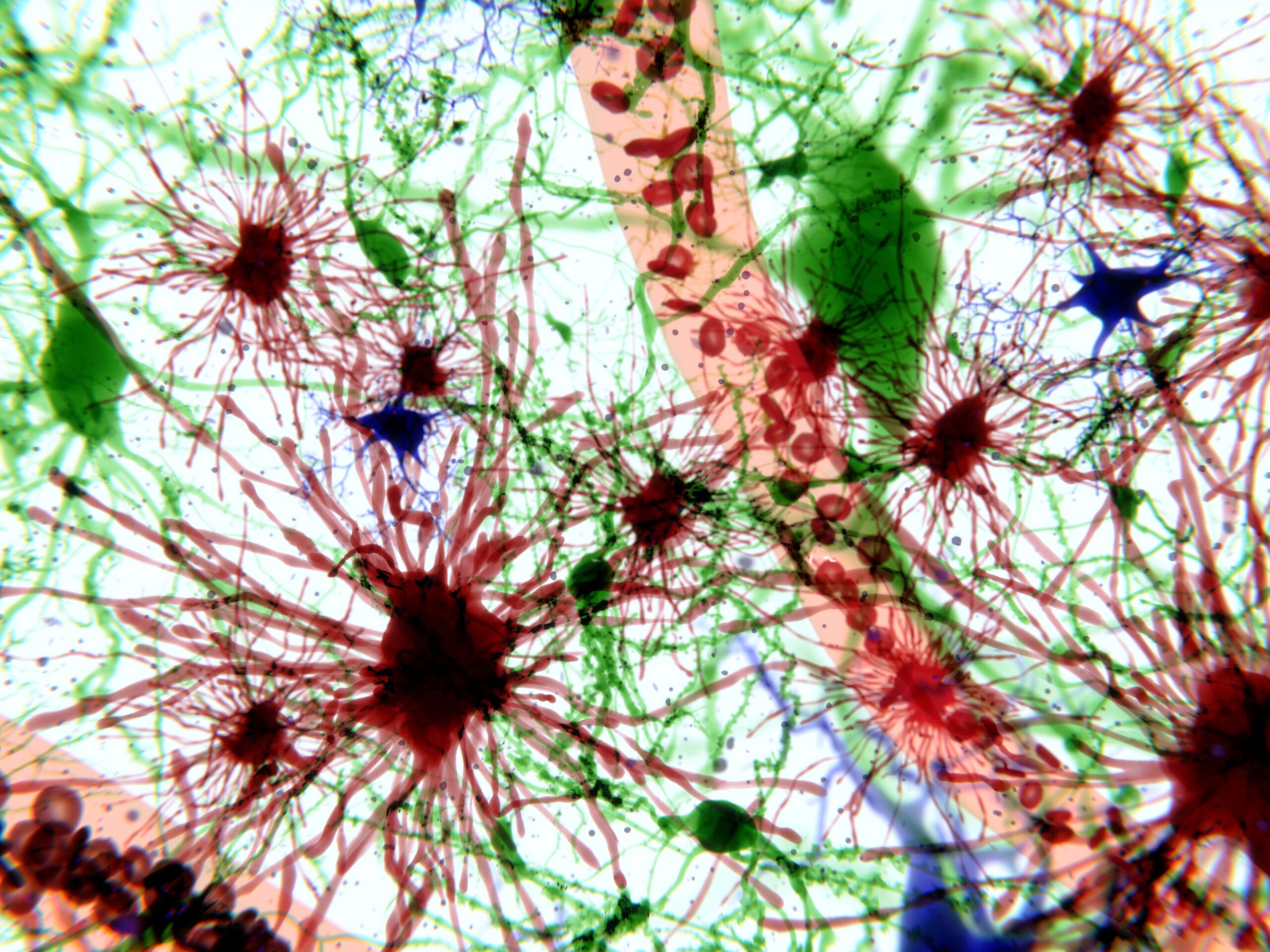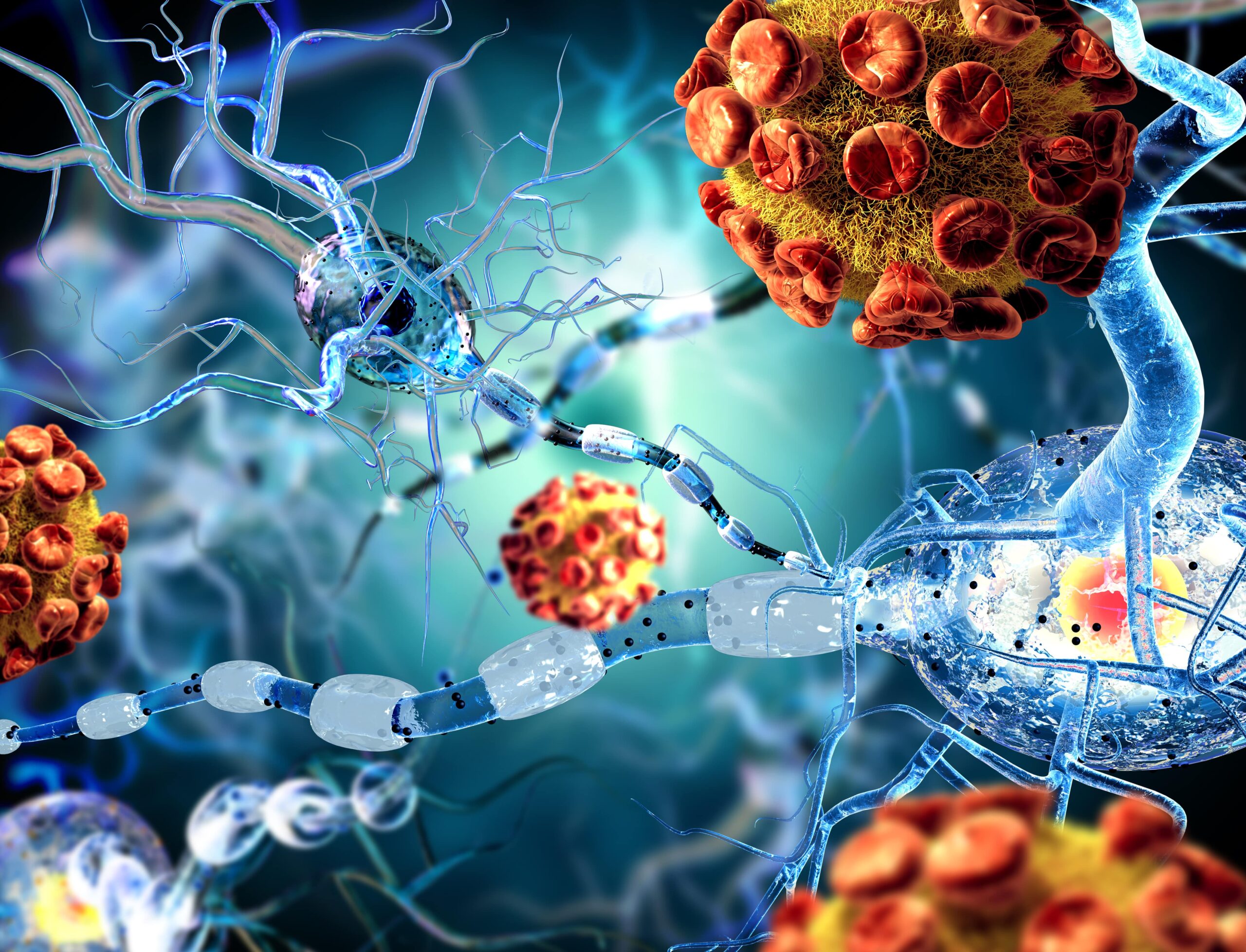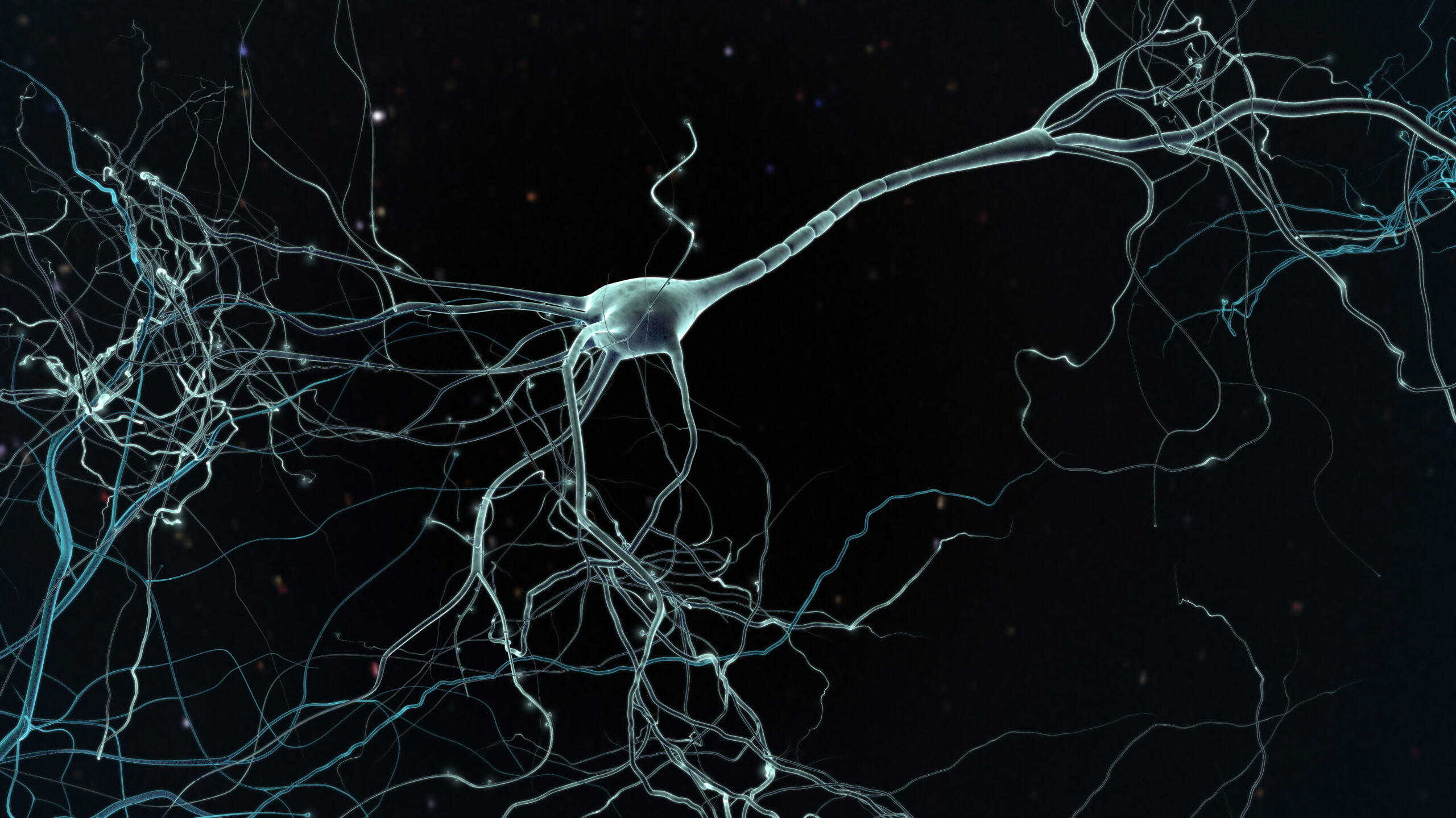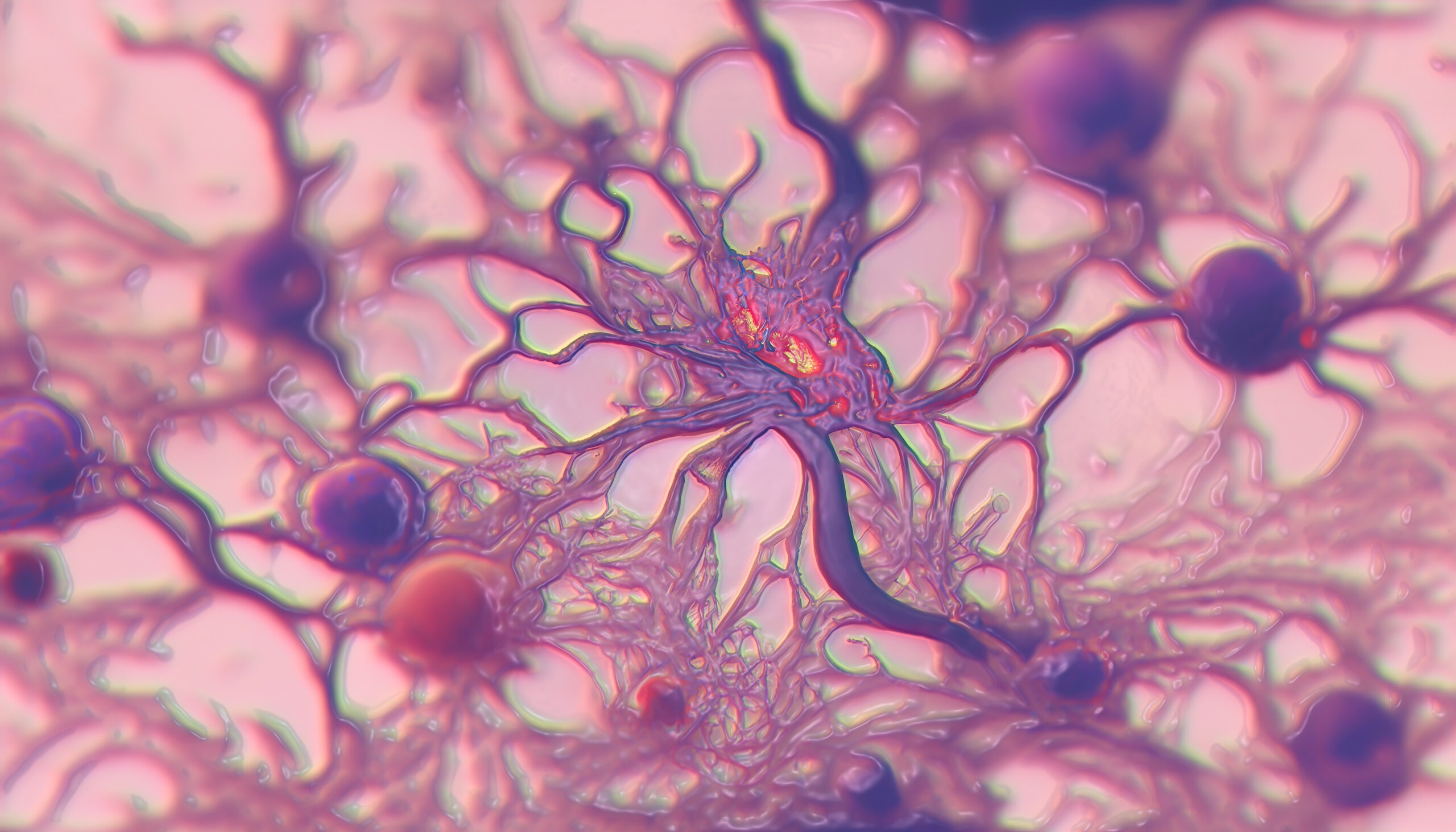Innovation
Targeting Microglia to Reverse Damage from Aging
Researchers at Trinity Biomedical Sciences Institute (TBSI) have discovered a link between the presence of specialized immune cells, called microglia, and age-related neurological diseases. In their study, the scientists from TBSI and the University of Maryland School of Medicine observed that as the brain ages, cellular debris accumulates inside autofluorescent microglia, slowing their functioning and ...
Study Challenges Assumptions About Female Mouse Behavior
Neuroscience research has long relied on the use of mouse models as a controllable way to study the brain, model human diseases and disorders, research behavior, and develop new therapies. And this research has historically and significantly favored male mice over female mice due to the belief that female mice’s hormonal cycles made their behavior ...
Huntington’s Disease and the Striatum: A Breakthrough
Huntington’s disease is a rare and fatal neurodegenerative disease caused by a genetic mutation that destroys brain cells in the basal ganglia, resulting in progressive motor, cognitive, and emotional impairments. Recent research breakthroughs out of MIT are shedding light on how this disease affects the striatum, a crucial part of the basal ganglia responsible for ...
Mature Lab-Grown Neurons Hold Promise for Amyotrophic Lateral Sclerosis Research
For the first time, researchers have successfully demonstrated the ability to develop highly mature neurons from human induced pluripotent stem cells (iPSCs). The team behind the breakthrough is hopeful that their research will allow researchers to improve experiments and better understand neurodegenerative diseases like multiple sclerosis, Alzheimer’s, Parkinson’s, and amyotrophic lateral sclerosis (ALS).
Study Using Transgenic Mouse Models Reveals How the APOE4 Gene Affects AD
Scientists have long known that the APOE4 gene variant is a significant risk factor for Alzheimer’s disease. But until recently, little has been understood about why and how this gene causes brain damage. That may be changing, thanks to a new study conducted by neuroscientist Li-Huei Tsai and a team of colleagues at the Massachusetts ...





